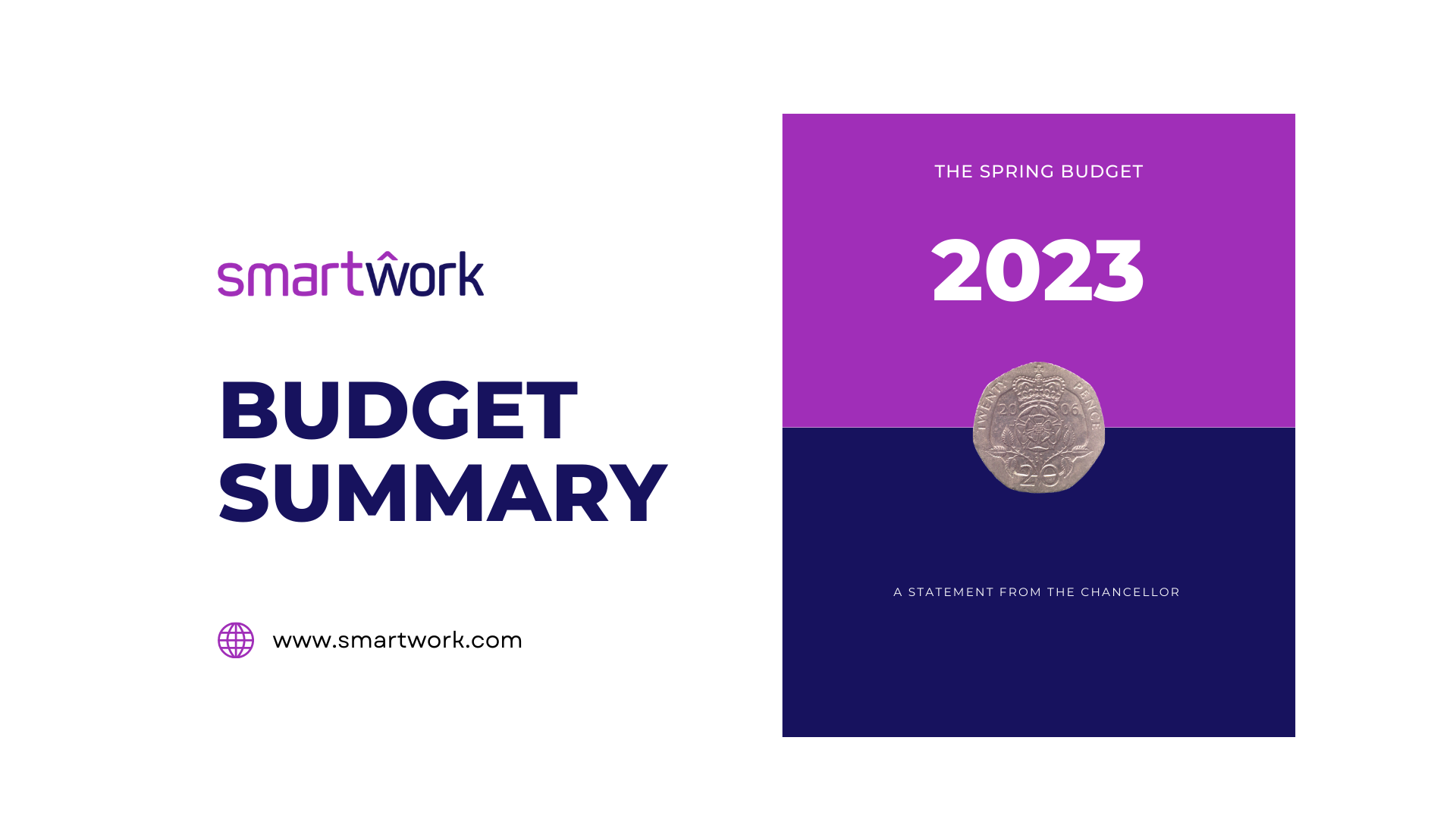Understanding the Umbrella Company Concept
Contracting through an umbrella company can be a smart move for independent professionals. Here’s a brief overview:
What is an Umbrella Company?
An umbrella company acts as an intermediary between you and your clients. It handles administrative tasks, allowing you to focus on your work without the burden of managing a business.
Purpose of an Umbrella Company:
The primary purpose is to simplify the administrative aspects of contracting. The umbrella takes care of tasks like invoicing, tax calculations, and compliance, providing you with a hassle-free contracting experience.
In what cases would you use an umbrella company?
Now that we know what an umbrella company is let’s look at when you’d use one.
Short-term or Project-Based Work
Contractors engaged in short-term assignments or project-based work often find it convenient to use an umbrella company. It allows them to focus on their work without having to handle administrative tasks or setting up their own limited company.
Risk-Averse Approach
Contractors who prefer a more risk-averse approach may opt for an umbrella company. It provides them with the security of being treated as an employee, with access to certain employment rights and benefits, such as sick pay and holiday pay.
IR35 Compliance
The off-payroll working rules, commonly known as IR35, have a significant impact on how contractors are taxed in certain situations. Working through an umbrella company can help contractors ensure compliance with IR35 regulations, as the company takes responsibility for determining and managing their tax status.
Limited Company Not Preferred
Some contractors may choose to work through an umbrella company because they don’t want the administrative burden and responsibilities that come with running their own limited company. This option allows them to work as a contractor without the complexities of company formation and maintenance.
Testing the Contracting Waters
Contractors who are new to self-employment or uncertain about committing to a full-fledged business structure may initially opt for an umbrella company. It allows them to experience the contracting world without the long-term commitment and administrative complexities associated with setting up a limited company.
Support and Guidance
Contractors who value professional support, guidance, and access to additional services often turn to umbrella companies. These companies can provide assistance with contracts, tax matters, legal issues, insurance and other administrative aspects, offering a level of support that may be beneficial, especially to those starting in contracting.
Employment Continuity
Contractors seeking employment continuity or looking to bridge gaps between contracts may choose an umbrella company. As company employees, they can maintain continuous employment, which can be advantageous for various purposes, such as obtaining loans or mortgages.
What to Consider When Finding an Umbrella Company?
Choosing the right umbrella company is crucial for a smooth contracting journey. Here’s what you need to consider:
Compliance and Accreditation:
Ensure the umbrella company complies with industry regulations and holds necessary accreditations, like SmartWork, which holds FCSA and APSCo accreditations. This ensures that your financial affairs are in safe hands.
Margin:
Understand the cost of the service of the umbrella, this is known as the “margin” and is applied weekly or monthly depending on your payment cycle. Look for transparency in their margin, and be aware of any hidden costs. Ask for an illustration of your take-home pay and a clear breakdown of charges to help you make informed decisions.
Services Offered:
Ask about tax calculations, support services and online portals for admin tasks, and make sure the umbrella company provides the level of assistance you need.
Reputation and Reviews:
Research the company’s reputation. Read reviews and testimonials from other contractors to gauge their experiences. Compliant umbrella companies all follow HMRC’s payroll rules, so the difference lies in the level of services they provide.
Customer Support:
Evaluate the level of customer support. You want an umbrella company that is responsive and supportive and ideally assigns a designated business manager, like us, especially if you’re new to contracting.
Be aware of shady companies and anything that seems too good to be true
Although efforts are being made, the umbrella sector is largely unregulated at the time of writing, so it is important to be vigilant when shopping around for an umbrella company.
Tax Avoidance Schemes
Some tax avoidance schemes set up umbrella companies and disguise income by converting them into loans. They trick you into avoiding paying taxes, which is your responsibility so that HMRC will go after you in the end.
Click here to look at our other article that looks into tax avoidance schemes and lists all the red flag items you need to look out for.
Mini Umbrella Companies
The other scam recently featured in the news is the mini umbrella company fraud based on the abuse of two particular Government schemes, the VAT Flat Rate Scheme and the Employment Allowance.
Mini umbrella companies have some common features that might be challenging for a contractor to spot. You can find our dedicated article that looks into these in detail by clicking here.
How do you sign up with your chosen umbrella company?
Umbrella companies with quality service will issue a designated business manager to you to help with registration and ongoing support throughout your contract.
The sign-up process is usually designed to be quick and efficient. They will ask you to fill in a registration form, check your identity (digitally) and carry out a right-to-work check (if applicable).
Once this is complete, your contract paperwork will be raised, your employment starts and you can begin submitting your timesheets.
How Do You Get Paid When Using an Umbrella Company?
Take time to understand the payment process for a great contracting experience:
Submitting Timesheets:
As a contractor, you’ll submit timesheets detailing the hours you’ve worked, preferably through an online portal provided by the umbrella company. Timely submissions are a crucial step for accurate payment.
Payroll Process:
Because the umbrella company is your employer, you will receive your pay in the form of a salary from them for the work you do for the employment agency’s client (end client).
The payment process starts with the end client paying the agency for your work, who deducts their fee for placing you in the position and pays the rest over to the umbrella company.
The umbrella company processes your payment. They calculate your pay, deduct taxes and other necessary contributions, and ensure compliance with relevant regulations.
Payslips and Statements:
You receive payslips or statements outlining your earnings, deductions, statutory benefits and any additional information you need for financial records.
It is important to note salary reductions under PAYE rules, so you will see Employee National Insurance, Income Tax and Student Loan repayments (if applicable) deducted from your pay. The rules and rates for these deductions are the same for every employer in the UK.
Payment Frequency:
Typically, umbrella companies pay on a weekly or monthly basis, depending on your contract.
Expenses Reimbursement:
Umbrella employees cannot offset their expenses if they are deemed to be working under supervision, direction or control (SDC) or the right of. If eligible (contract assessed for SDC by the umbrella), you can claim certain business expenses. The umbrella company will guide you through the process and the documentation required for reimbursement.
Employment Benefits When Contracting via an Umbrella Company:
Contracting through an umbrella company comes with its share of employment benefits. Here’s what you can expect:
Statutory Employment Rights:
As an employee of the umbrella company, you gain access to statutory employment rights, including holiday pay, sick pay and maternity or paternity pay
Pension Enrollment:
As per auto-enrolment rules umbrella companies contribute to your pension fund, providing an extra layer of financial security for your retirement.
Access to Employee Perks :
Some umbrella companies provide access to employee perks, such as discounts on various goods and services. It’s worth exploring the additional benefits offered and making sure that this is something you find valuable rather than just a way to attract contractors to join.
Other Benefits Included: Business Insurance and Pension Contributions:
Understanding the additional benefits bundled with umbrella employment is crucial. Here’s what you should know:
Business Insurance:
Umbrella companies often include business insurance as part of their service. These can be professional indemnity insurance, public liability insurance, employer’s liability insurance and medical malpractice insurance, offering comprehensive coverage.
Pension Contributions:
Some umbrella companies may allow you to contribute voluntarily towards various pension schemes as an investment for your future.
What Happens When Your Contract Ends?
Navigating the transition when your contract concludes is a key aspect of working through an umbrella company. Here’s the breakdown:
End-of-Contract Procedures:
When your contract ends, the umbrella company will guide you through the end-of-contract procedures. This may include finalizing outstanding payments and addressing any expenses.
Continuing Umbrella Employment:
If you secure another contract, you can seamlessly continue your umbrella employment. The umbrella company remains your employer, ensuring a smooth transition to the new contract.
Exploring Other Options:
If you decide to take a break or explore other opportunities, the umbrella company can guide you on any necessary steps, such as updating your employment status or temporarily pausing your contract.
Why work with SmartWork?
SmartWork is an accredited FCSA member and undergoes a yearly audit to demonstrate full compliance with HMRC and the trade body’s strict code of conduct.
Our umbrella package is provided with a host of additional benefits:
- We process statutory sick pay, maternity/paternity and holiday pay and can assist you with mortgage advice and references.
- We cover you for all of your work-based insurances, including Professional Indemnity and Employers/Public Liability and Medical Malpractice Insurance, all included with our service.
- We are proud of our personalised service that provides each of our workers with a dedicated account manager.
- Our SmartWork portal allows our contractors to upload timesheets, submit expenses and e-sign documents easily.
As always, if you’d like to get in touch with SmartWork, please feel free to call us on 0800 434 6446 or send us an e-mail at info@smartwork.com.
To get notified of our newly published articles, please follow us on LinkedIn, Facebook, and Twitter.



